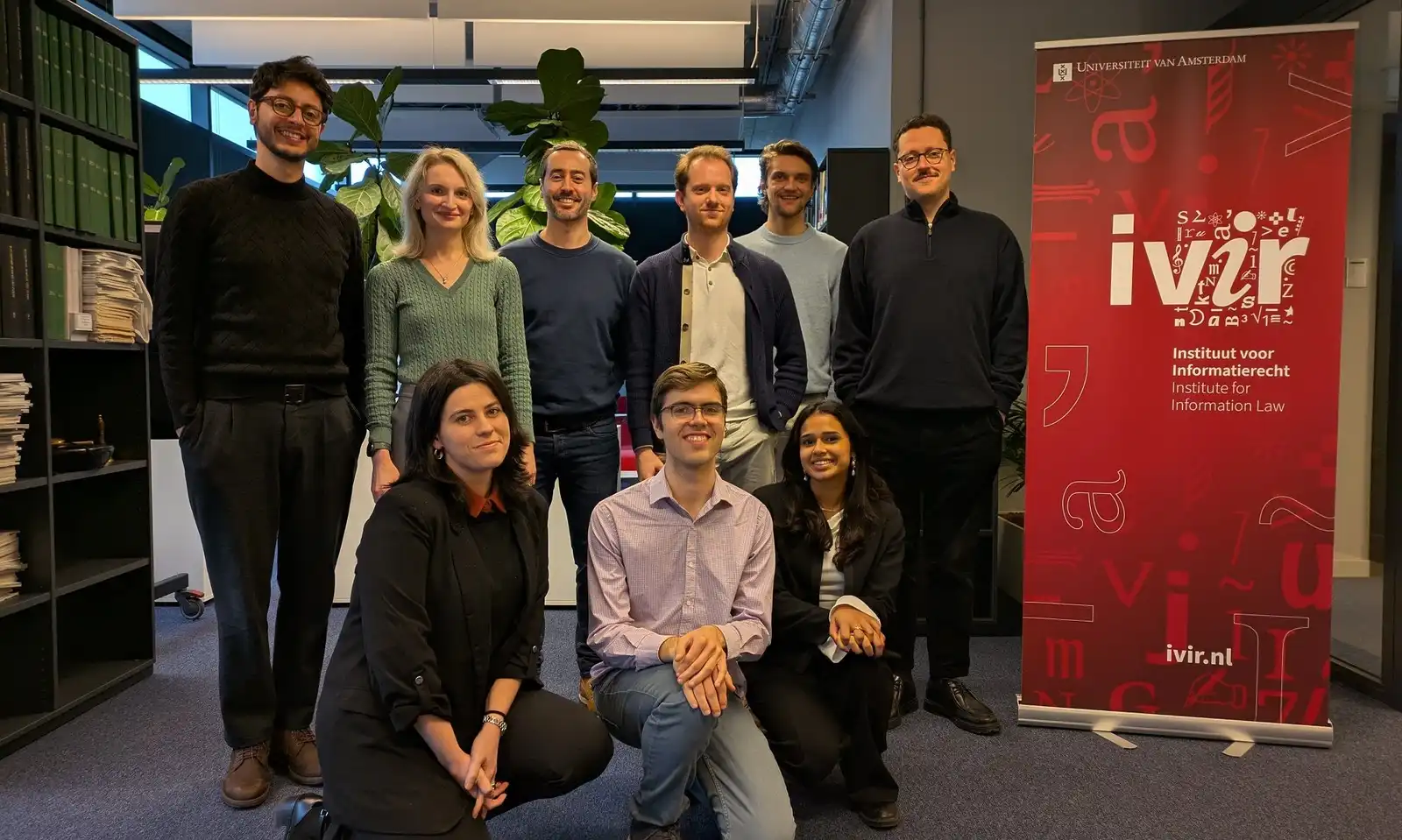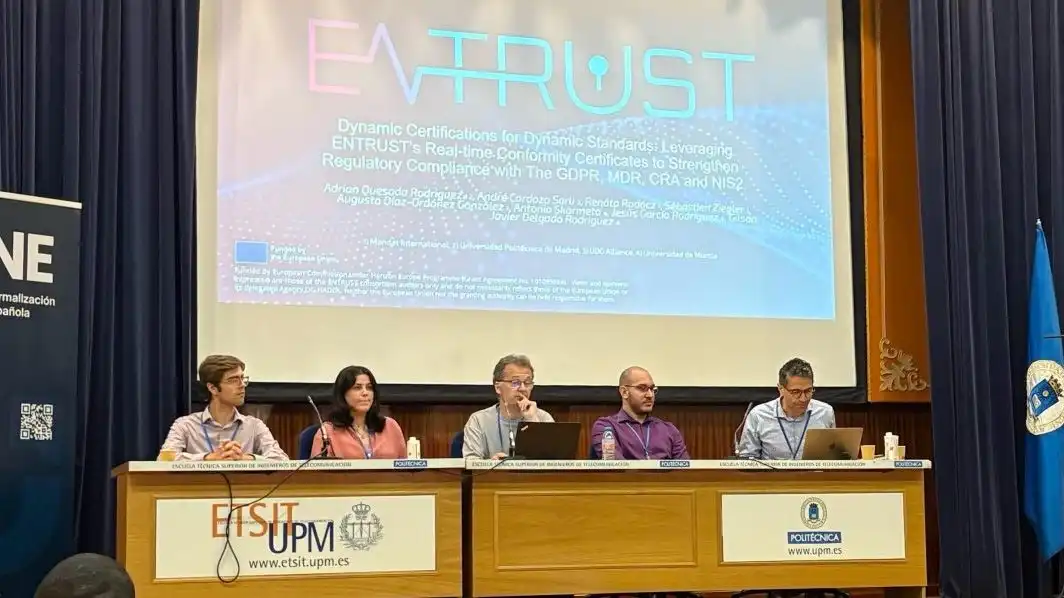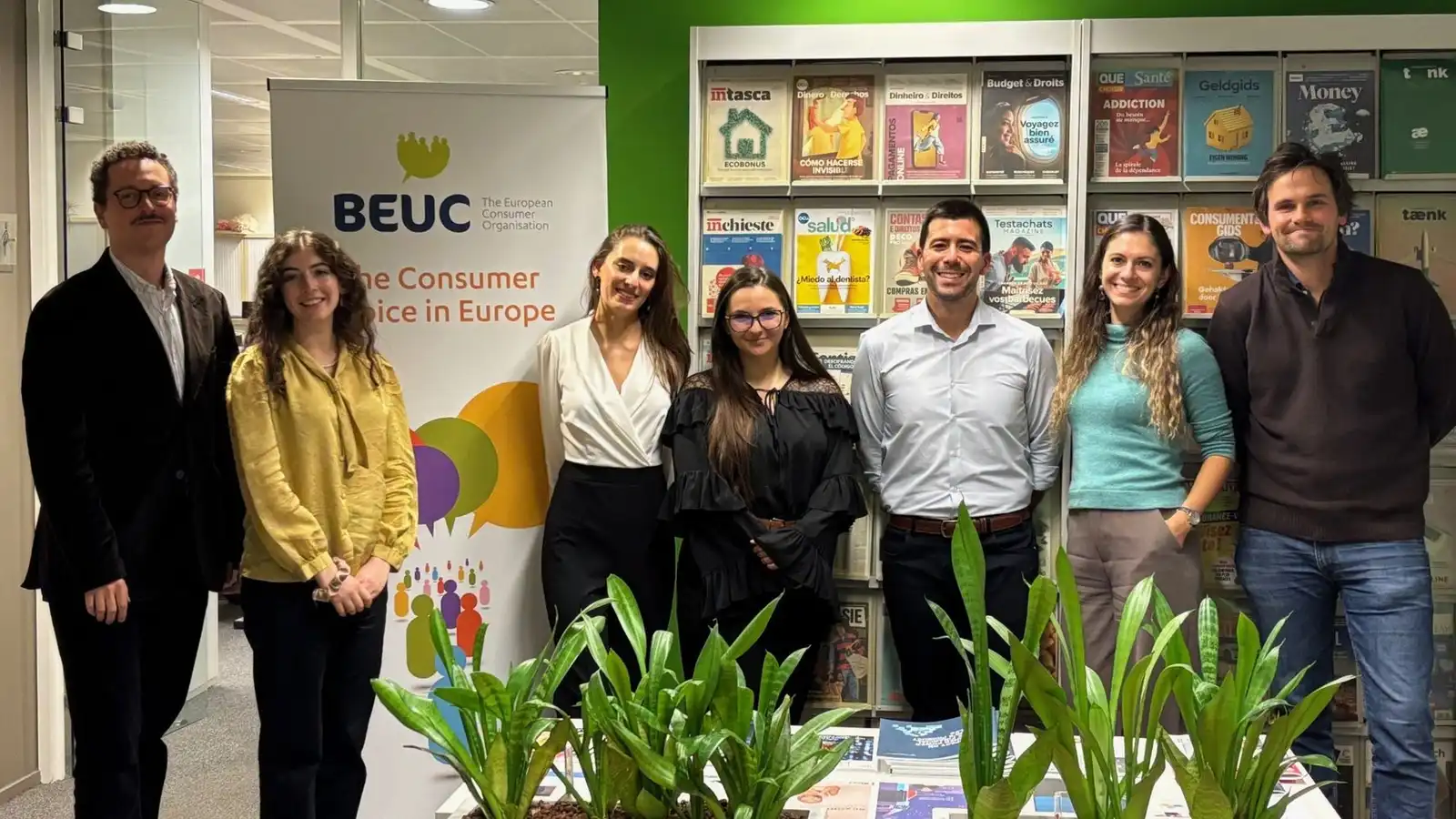
Home>The Clinic>Digilaw
The Clinic: Digilaw
The objective of DIGILAW is to train and work with law students to find concrete solutions to a practical problem:
- How can the values and rights needed to sustain democracies and the common good be upheld and ensured in our digital world?
- What is the role of the law in this environment where technologies, infrastructures, big players and users themselves construct normativities beyond the law itself?
Indeed, from the early decentralized infrastructure of the Internet, that held the promise of a space independent of the tyrannies of the Governments of the Industrial world, the Internet is now largely dominated by seven technology companies whose business practices, and AI intermediated decision-making, can be harmful for society and democracy. It has also become a tool that can facilitate discrimination, reinforce inequalities, unleash hate speech and disinformation, and allow for censorship and increased surveillance by governments.
Awareness is hence growing that in cyberspace, as in real space, safeguarding rights and sustaining order to protect the common good is crucial.
DIGILAW will involve teams of students and researchers working on action-research projects addressing these issues, designed in collaboration with a range of partners from civil society, public institutions and private actors.
The DIGILAW clinic is funded as part of the New Digital Rule of Law project with Project Liberty’s Institute (former McCourt Institute).
Pedagogical team
The DIGILAW clinic programme is taught in English and is coordinated by :
- Klaudia Klonowska, postdoctoral researcher, teacher and coordinator of the DIGILAW clinic programme
- Anamaría Muñoz, doctoral student, teacher and coordinator of the DIGILAW clinic programme
- Beatriz Botero Arcila, academic supervisor and lecturer of the required DIGILAW clinic course
- Marta Arisi, doctoral student and tutor
- Lyubomir Nikiforov, PhD Researcher at the Vrije Universiteit Brussel / Brussels Privacy Hub and tutor
Projects 2025-2026
Generative artificial intelligence (IA) tools are rapidly being integrated into everyday life, with new consumer-facing services and use cases emerging almost daily. Among them, “AI companions,” chatbots designed to simulate human relationships through conversational, emotional and lifelike interactions, raise particularly acute consumer protection concerns.
In partnership with the European Consumer Organisation (BEUC), the project will examine how generative AI companions used in the European Union (EU) are currently regulated and where protection gaps remain. Students analyse the main AI companion services available to European consumers and the risks of material and immaterial harm they pose. They will conduct a review and further analyse relevant EU rules, including data protection, consumer law, product safety and the emerging AI Act framework, and systematically collect case law, regulatory decisions and other enforcement actions in the EU and worldwide involving generative AI, with a particular focus on AI companions.
Importantly, alongside this legal work, students carry out exploratory testing of selected AI companion apps, following a research protocol. They will analyse how these systems are marketed, how they interact with users, languages and age groups, and whether their design or responses may breach EU rules such as the AI Act, the Unfair Commercial Practices Directive or the General Data Protection Regulation (GDPR). This empirical component helps identify concrete patterns of misleading, unsafe or exploitative practices.
The project’s aim is to elaborate a report, to be finalised by the end of the academic semester in 2026, that synthesises the legal and empirical findings. The report highlights trends in harms and enforcement, identify regulatory blind spots and propose recommendations to strengthen consumer protection and enforcement strategies in relation to generative AI companions. Students will present and discuss their conclusions with BEUC staff, contributing directly to ongoing advocacy and awareness-raising efforts on harmful AI practices in the EU.
- Partner: European Consumer Organisation (BEUC)
- Tutor: Lyubomir Nikiforov
Since the boom of Large Language Models, the impact of ‘Artificial Intelligence’ and especially
‘GenerativeAI’ on cultural and creative work has been at the centre of heated academic and law and policy-making discussions. At the same time, voices from creators, in their richly diverse needs and implications, as well as their mobilizations, have often remained unheard. As the European Union (EU) AI Act now enters its early application phase and national transposition in France, new requirements for certain AI systems are aimed at providing further transparency about training data, and therefore directly touch upon copyright and the rights of creators. However, uncertainties around the implementation as well as practical application of these rules remain, raising important questions for creators.
In this project, a team of Sciences Po students collaborate with legal experts and authors from the French union, the Syndicat National des Auteurs et des Compositeurs (SNAC), to produce shared reflections that tackle these challenges and complex scenario. Leveraging their expertise in law, including Copyright Law, Personal Data Protection, as well as their experience in data governance and questions around ethics and responsible technology development, the team will engage in a dialogue with SNAC, map existing legal rules and initiatives, and reflect on existing frameworks and potential solutions for the protection of creators.
The project contributes to a better understanding of the issues raised by AI from a legal perspective, by highlighting the gaps in positive laws, the responses anticipated at national and European level, and the prospects for more balanced regulations in which creativity can thrive. Its final aim is the publication, in the course of the second semester, of a curated legal explainer with key questions and materials. This will be designed to be readily accessible and to represent a useful tool and guide for creators and all interested stakeholders that need to navigate these issues. The content will be embedded in the Snac new website, to join their collection of resources on Generative AI, and results from their dedicated working
- Partner: Authors and Composers French Syndicate (SNAC)
- Tutor: Marta Arisi
Advancing information transparency: DIGILAW clinic programme and IViR examine public access to harmonized standards

On 11th February 2025, students from DIGILAW clinic programme participated in a research exchange at the Institute for Information Law (IViR) at the University of Amsterdam, engaging in a comparative legal analysis on public access to harmonized safety standards within the European regulatory framework.
Standards for Whom? Advocating for EU Regulatory Transparency

DIGILAW Clinic students presented their research on transparency in EU harmonised standards at European Academy for Standardisation (EURAS) 2025 in Madrid.
Generative AI, Consumer Protection and EU Enforcement

On 6th November 2025, students from the DIGILAW clinic programme visited the European Consumer Organisation (BEUC) in Brussels, as part of their clinic project “Generative AI and consumer protection”.